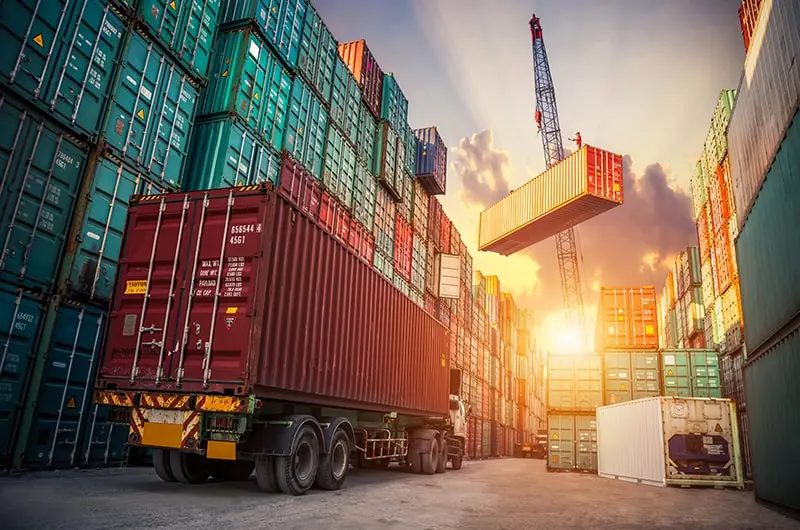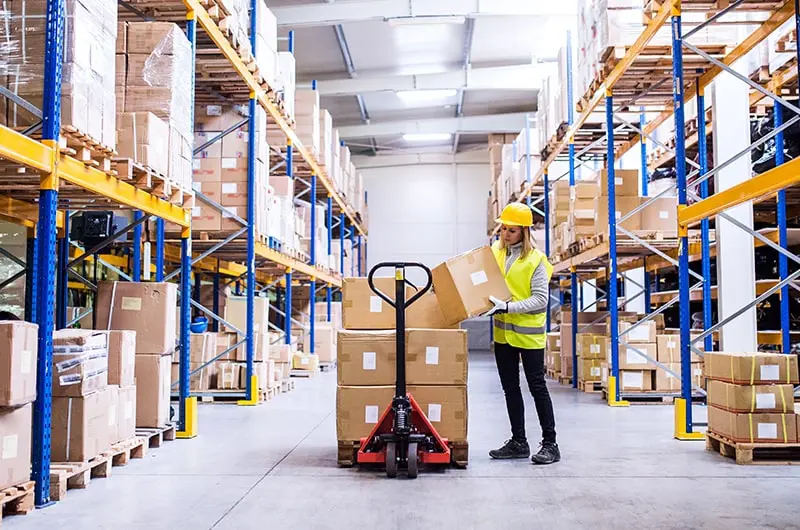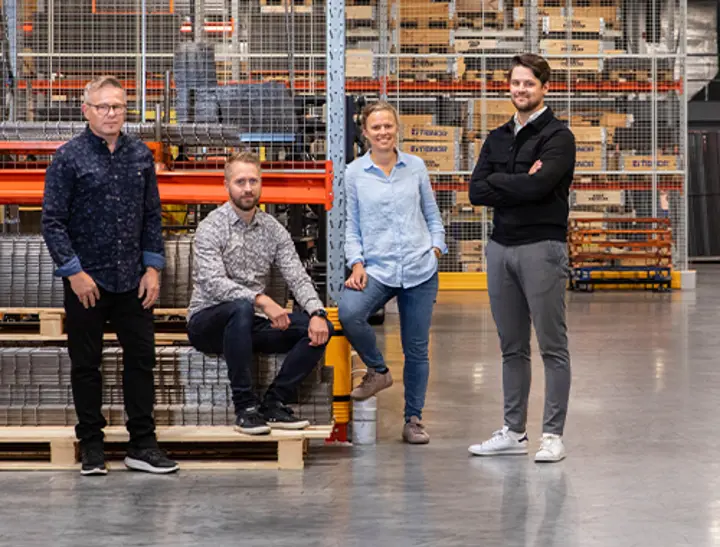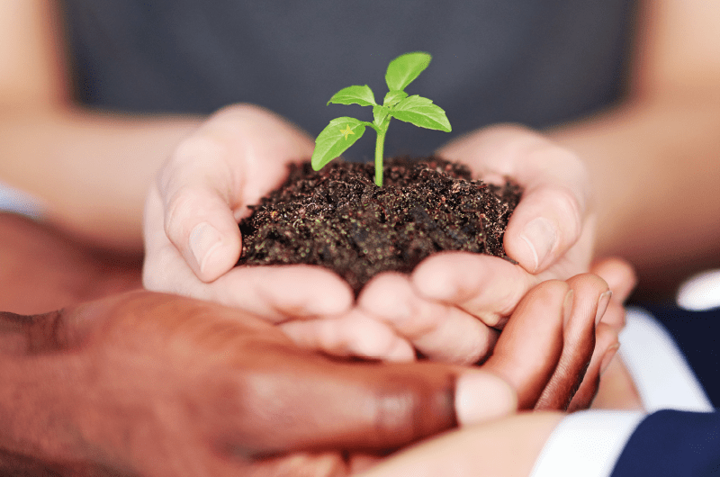-
Machinebeveiliging
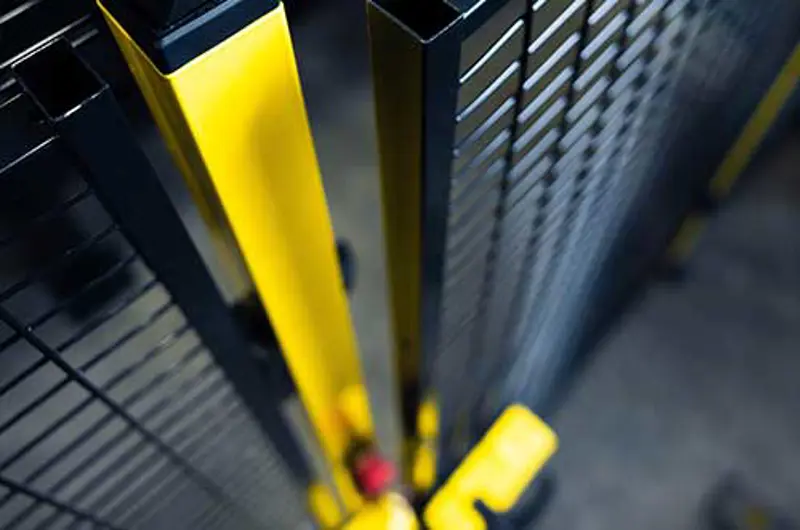
Machinebeveiliging
Axelent is een van de toonaangevende fabrikanten van machineafschermingen op de markt. Het complete systeem dat wij leveren voldoet aan de huidige richtlijnen en normen.
-
Magazijn
Axelent is een van de toonaangevende merken van gaaspanelen voor industrie- en magazijnomgevingen op de markt
Axelent is een van de toonaangevende merken van gaaspanelen voor industrie- en magazijnomgevingen op de markt. Onze producten en systemen zorgen voor flexibele en snel passende oplossingen in alle fasen van het proces, van het maken van de tekening tot de uiteindelijke montage van het product.
Scheidingswanden en kooioplossingen
Voorkomen van vallende goederen - palletstellingen
Valbeveiligings-systeem
Mesh rekken
-
Aanrijdbeveiliging

Aanrijdbeveiliging
Dit is ons assortiment aanrijdbeveiligingsproducten. Wij hebben alles van bolders tot veiligheidsbarrières voor voetgangers en meer.
-
Kabelgeleiding
X-Tray Cable Trays - A Premium Brand from start to finish
X-Tray is het kabelmanagementsysteem van Axelent. Het heeft het grootste assortiment op de markt, zowel qua materiaal als functie. Sinds 1 september 2022 wordt X-Tray geproduceerd, opgeslagen en verkocht via Axelent Wire Tray.
-
Eigendom
Totaaloplossingen voor je eigendom en fietsenrekken - van het eerste contact tot de voltooide installatie
Wij bieden een breed assortiment aan opslag- en fietsenrekken. Via ons kun je een complete leverancier van deze producten krijgen.
Opslagsysteem
Fietsenrekken

